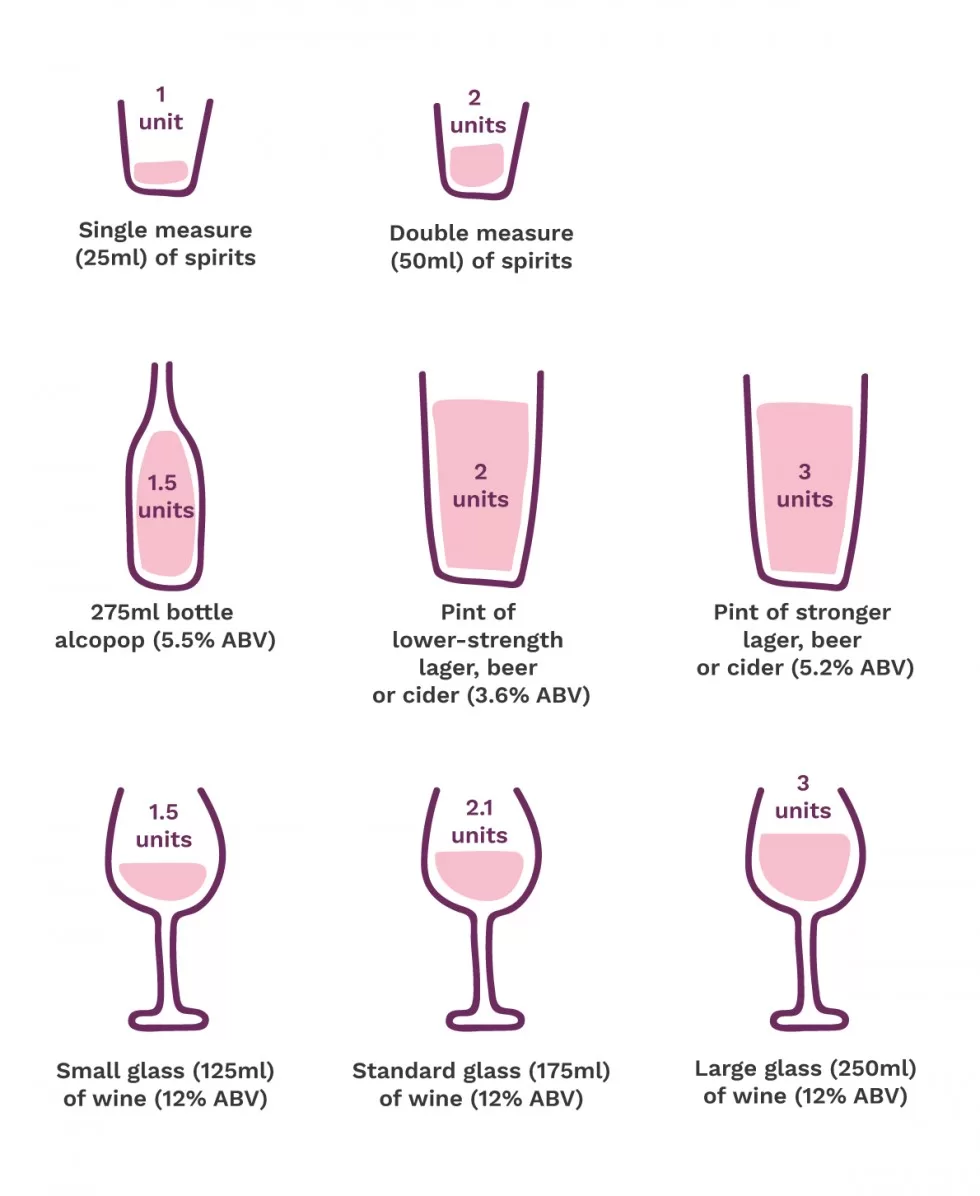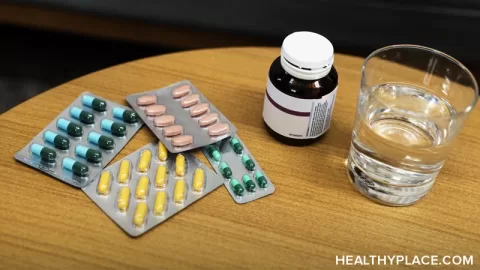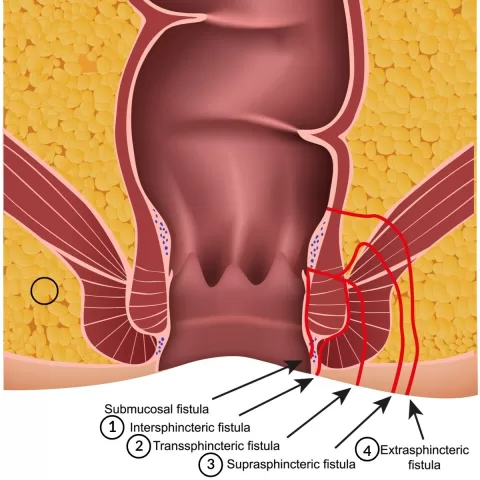Alcohol cancer risk is a growing concern as recent studies reveal a clear link between alcohol consumption and an increased likelihood of developing various cancers. Despite this alarming connection, many individuals remain unaware, often citing a lack of clear information or warnings on alcohol products. The U.S. Surgeon General has proposed more prominent cancer warning labels on alcoholic beverages, addressing the need for greater public awareness about the health risks of alcohol, especially its role in breast cancer risk. This initiative highlights a broader conversation around alcohol use disorder and the potential for informed decision-making regarding drinking habits. As we delve into the implications of these warnings and their potential impacts, it’s crucial to recognize the importance of education in mitigating the associated risks.
The rising awareness surrounding the correlation between alcohol consumption and cancer emphasizes the importance of public health messaging. Efforts to revamp warning labels on alcoholic beverages are focused on highlighting the dangers of excessive drinking and its significant contribution to diseases, including various forms of cancer. By addressing the connection between drinking habits and overall health risks, particularly regarding breast cancer risk, advocates aim to inform individuals about potential dangers they may unknowingly face. The proposal from the U.S. Surgeon General also coincides with a broader discourse on alcohol use disorder, emphasizing the need for comprehensive health strategies. As labeling evolves, so does the potential for increased understanding and behavior change among consumers.
Understanding the Connection Between Alcohol and Cancer Risk
Alcohol consumption has long been associated with various health risks, but one of the most concerning associations is with cancer. According to recent studies, alcohol is a well-established, preventable cause of several types of cancer, including breast, liver, and colorectal cancers. The U.S. Surgeon General’s advisory highlights the urgent need to educate the public about this risk, particularly as many people underestimate or are unaware of how alcohol contributes to cancer development. By increasing awareness through enhanced warning labels and public health campaigns, we can begin to address this significant health crisis and its prevention.
The evidence linking alcohol consumption to cancer is robust. For instance, it’s estimated that more than 100,000 cases of cancer in the United States can be directly attributed to alcohol each year, illustrating the scale of the issue. Furthermore, the risk is not limited to heavy drinkers; even moderate alcohol intake has been associated with increased cancer risk, particularly for women regarding breast cancer. It is crucial for healthcare professionals and public health authorities to communicate these risks effectively to spur changes in public behavior.
Frequently Asked Questions
What is the connection between alcohol cancer risk and breast cancer?
Research indicates a strong link between alcohol consumption and increased breast cancer risk in women. The more alcohol consumed, even at moderate levels, the greater the risk of developing breast cancer. Studies suggest that lifetime breast cancer risk increases from about 11% for women who have less than one drink per week to 15.3% for those consuming two drinks daily.
How does alcohol use disorder relate to cancer risk?
Alcohol use disorder significantly increases the risk of various cancers due to elevated alcohol consumption over time. Higher levels of alcohol intake are associated with a proportional increase in cancer risk, making it crucial for individuals with alcohol use disorder to understand and mitigate their drinking habits to reduce cancer risks.
What are the proposed cancer warning labels for alcohol?
The U.S. Surgeon General has proposed expanding existing health warning labels on alcoholic beverages to include clear messages about the cancer risks associated with alcohol consumption. This initiative aims to make the warnings more visible and effective, similar to the graphic health warnings found on tobacco products.
What health risks of alcohol should everyone be aware of?
Apart from its well-known effects on the liver and addiction, alcohol consumption is a notable risk factor for several types of cancer, including breast, liver, and colorectal cancers. Awareness of these health risks is low; only about 45% of adults recognize that alcohol boosts cancer risk, highlighting the need for better education and warning measures.
How likely is it that the new alcohol cancer risk warnings will change public behavior?
It’s unclear whether the proposed warnings will significantly influence public behavior regarding alcohol consumption. Historical data from tobacco warnings suggests that more explicit, targeted messaging can increase awareness and lead to behavior change; however, whether similar success will transpire with alcohol remains to be seen.
What role does inflammation play in alcohol cancer risk?
Inflammation is one proposed mechanism through which alcohol consumption can increase cancer risk. Chronic inflammation in the body can lead to cellular damage, which is a precursor to cancer. This underscores the importance of understanding alcohol’s impact on overall health and cancer risk.
Why are current warnings about alcohol not effective in raising awareness about cancer risk?
The traditional alcohol warning labels primarily focus on pregnancy and driving impairment without addressing the serious cancer risks associated with alcohol use. This lack of information has contributed to the general public’s unawareness of the cancer-related health risks linked to alcohol consumption.
What measures can be taken to reduce the cancer risks associated with alcohol?
To reduce cancer risks associated with alcohol consumption, individuals are encouraged to drink in moderation, understand their drinking patterns, and seek help if they struggle with alcohol use disorder. Additionally, increased awareness through education and enhanced warning labels will play a key role in informing the public.
Is there evidence that reducing alcohol intake can lower cancer risk?
Yes, evidence suggests that individuals who significantly reduce their alcohol consumption, particularly those with high levels of intake, may lower their risk of developing alcohol-related cancers in the future. This highlights the importance of moderation and informed decision-making regarding alcohol use.
| Key Point | Details |
|---|---|
| Alcohol and Cancer Link | The U.S. Surgeon General has proposed a new warning on alcohol labeling to raise awareness of its links to cancer, reflecting growing evidence of alcohol as a notable risk factor for several types of cancer. |
| Current Warning Ineffective | The existing warning on alcohol does not mention cancer and has been unchanged since 1988, despite substantial evidence linking alcohol to cancer. |
| Focus on Breast Cancer | Breast cancer is especially affected by alcohol; an estimated 44,180 cases in 2019 were linked to alcohol consumption. |
| General Public Awareness | 89% of Americans know tobacco increases cancer risk, but only 45% are aware that alcohol does. |
| Potential Warning Strategies | Warnings on alcohol should be strong and clear, similar to evolving tobacco warnings which have become more specific over time. |
| Patient Responses to Warnings | Responses to health warnings about alcohol consumption vary; some reduce intake while others prioritize social benefits. |
Summary
Alcohol cancer risk is a critical public health issue that demands attention. With growing evidence linking alcohol consumption to various cancers, including breast cancer, the proposed expansion of warning labels on alcohol packaging by the U.S. Surgeon General aims to enhance awareness and potentially alter public behavior regarding alcohol intake. Despite the clear risks, a significant portion of the population remains uninformed about the connection between alcohol and cancer. Addressing this knowledge gap is crucial for reducing cancer rates associated with alcohol consumption.
The content provided on this blog (e.g., symptom descriptions, health tips, or general advice) is for informational purposes only and is not a substitute for professional medical advice, diagnosis, or treatment. Always seek the guidance of your physician or other qualified healthcare provider with any questions you may have regarding a medical condition. Never disregard professional medical advice or delay seeking it because of something you have read on this website. If you believe you may have a medical emergency, call your doctor or emergency services immediately. Reliance on any information provided by this blog is solely at your own risk.







